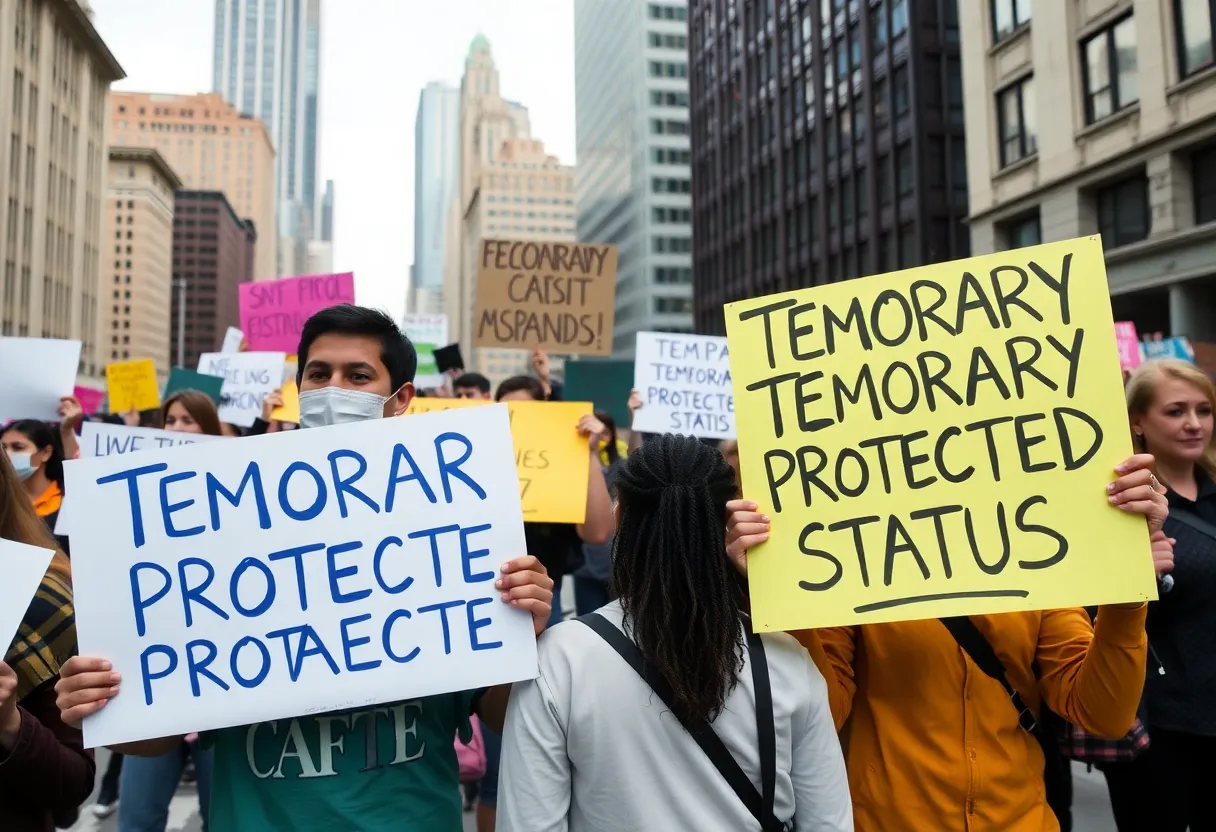News Summary
New York has passed a historic budget of $254 billion, the largest in its history. The budget addresses mental health issues, recidivism challenges, and includes reforms on discovery laws. It introduces tax changes, boosts childcare assistance, and allocates funds for climate initiatives and supportive housing. Delays in negotiations raised concerns among lawmakers. While it benefits many families with tax credits and rebate checks, advocates have noted the absence of certain reforms. The budget reflects state priorities amid potential federal funding cuts.
New York has officially passed a historic $254 billion state budget, marking the largest budget in the state’s history. This substantial spending plan, which could face increases beyond its initial price tag, aims to address critical issues, including the ongoing mental health crisis in New York City and challenges related to recidivism.
The budget includes significant reforms focusing on discovery laws to prevent criminal cases from being dismissed on technicalities, a measure particularly emphasized by Governor Kathy Hochul. These changes will limit the situations in which cases can be thrown out due to evidence issues. Additionally, the budget expands the standards for involuntary commitment of severely mentally ill individuals, allowing authorities to mandate psychiatric care in more circumstances.
Negotiations for the budget reached a conclusion after months of discussions, fueled by increasing violence in the subway and growing public concerns about safety. However, delays in finalizing the budget extended beyond the April 1 deadline, leading to criticism from several lawmakers, including Senator Jim Skoufis.
Various measures introduced in the budget are particularly favorable for Democratic incumbents, including modifications to campaign financing regulations. Controversial provisions will now allow Yeshivas to meet educational standards through less stringent methods than previously required.
The budget also incorporates significant financial adjustments, such as tax increases for larger businesses in New York City, which will help fund the Metropolitan Transportation Authority (MTA). Meanwhile, middle-income families will receive modest tax cuts, and an increased child tax credit will benefit parents of children under four years old. Most residents will also receive one-time inflation rebate checks ranging from $150 to $400.
Notably, the budget avoids imposing deep cuts on essential social service programs, despite potential threats of federal funding loss. Moreover, the state plans to withdraw $8 billion from its reserves to assist the unemployment system, an important move in light of ongoing economic challenges.
Furthermore, the budget boosts funding for childcare assistance and establishes a pool for substitute caregivers to tackle workforce shortages in the sector. Families will notably see a tripling of maximum child tax credits for those with young children.
The budget allocates $71.4 million for improvements to supportive housing, although it did not include proposed restrictions on housing and zoning reform initiatives. While there is no increase in personal income taxes, new payroll taxes for larger businesses have been introduced.
New York will also invest significantly in climate change initiatives, dedicating $1 billion for various infrastructure and climate-related projects. Education funding remains stable at approximately $36 billion, ensuring continued provisions for universal free meals and access to community college for individuals without degrees.
In an effort to assist homeless individuals, plans to introduce a New Housing Voucher program have been included, though advocates have expressed disappointment at the lack of a more substantial budget allocation for this initiative. Despite these numerous provisions, several sought-after reforms—like comprehensive measures for renewable energy and solar tax credits—were ultimately excluded from the final budget.
As New York faces potential federal funding cuts, the newly passed budget reflects significant state priorities while also leaving room for necessary adjustments in the future.
Deeper Dive: News & Info About This Topic
- City & State NY: New York State Budget Deal
- The New York Times: Hochul’s Budget for New York
- New York Post: New York Passes Budget
- Gothamist: Hochul Drops Bid for Masked Harassment Crime
- The New York Times: Hochul Budget Negotiations
- Wikipedia: New York (state)
- Encyclopedia Britannica: New York State
- Google Search: New York State Budget 2025
- Google Scholar: New York Budget 2025
- Google News: New York Budget News








